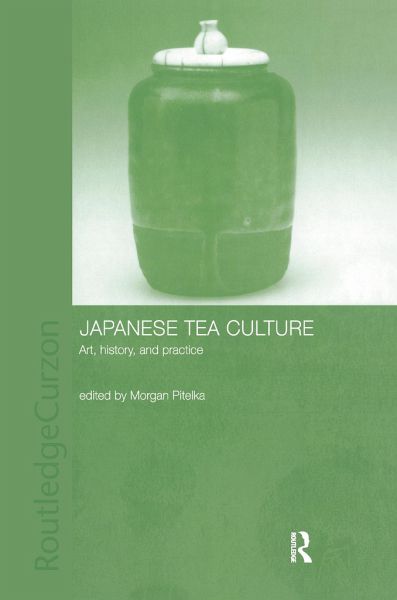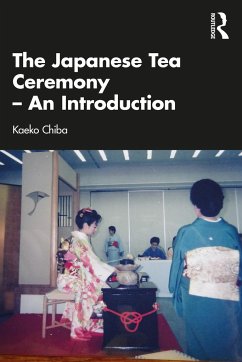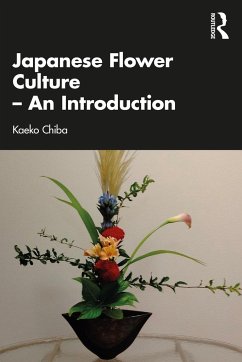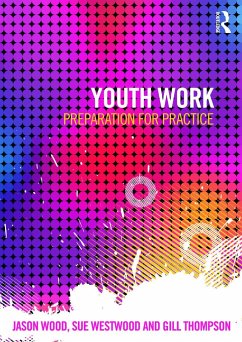
Japanese Tea Culture
Art, History and Practice
Herausgegeben: Pitelka, Morgan
Versandkostenfrei!
Versandfertig in 6-10 Tagen
154,99 €
inkl. MwSt.
Weitere Ausgaben:

PAYBACK Punkte
77 °P sammeln!
From its origins as a distinct set of ritualised practices in the sixteenth century to its international expansion in the twentieth, tea culture has had a major impact on artistic production, connoisseurship, etiquette, food, design and more recently, on notions of Japaneseness. The authors dispel the myths around the development of tea practice, dispute the fiction of the dominance of aesthetics over politics in tea, and demonstrate that writing history has always been an integral part of tea culture.













